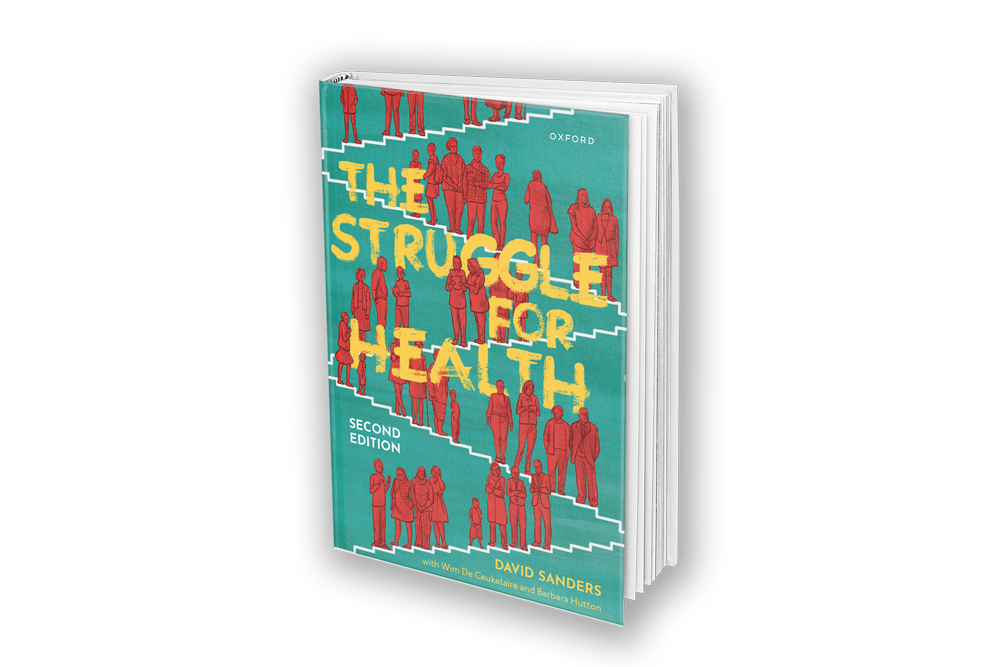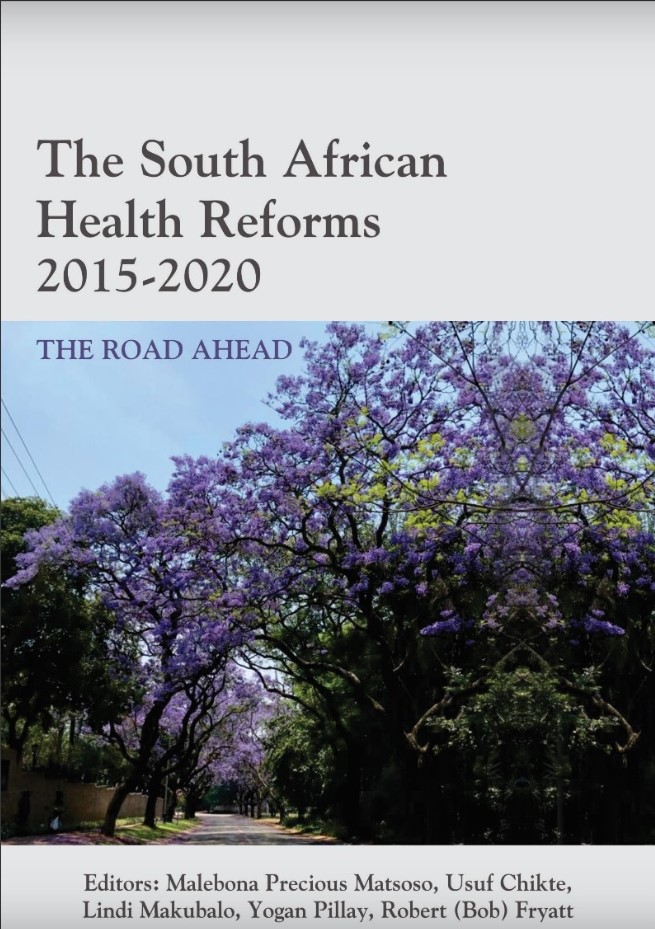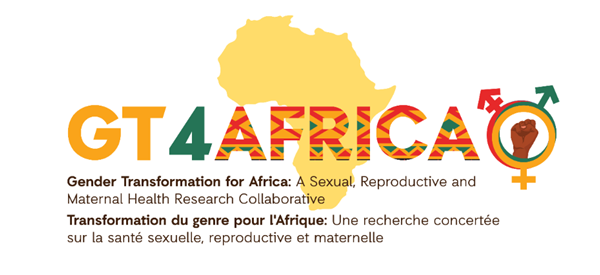
The Struggle for Health: Medicine and the politics of underdevelopment
24 May 2023
The South African Health Reforms 2015 -2020: The Road Ahead
15 June 2023
Shifting unequal gender norms and practices: what does it take?
Despite growing recognition, calls for gender transformation are not matched with corresponding rigorous research and learning on what it entails at scale and over time. It is common to come across published papers that merely mention the need for more gender responsive / transformative interventions/approaches but often fall short of articulating, why, how and what is needed to move the needle forward.
In March 2022 a Sexual, Reproductive and Maternal Health Research Collaborative called Gender Transformation for Africa (GT4Africa) was launched. The collaborative constitutes a network of grantees funded by the International Development Research Centre (IDRC). The cohort has been been convening at different points (through network wide meetings, thematic webinars, and an online platform) since its inception with the purpose to strengthen the network, and engage in co-learning and co-production.
The latest edition of the GT4Africa cohort wide meeting zoned in on these issues, focusing specifically on what shifting gender social norms entails, in terms of values and practice, generated a rich conversation and exchange among cohort members, who are at various stages of implementing research and interventions on sexual, reproductive and maternal health (SRMH). The GT4Africa cohort wide meeting was held virtually on 16 March (12:00-14:30 GMT) with participation of 45 cohort members from eight countries, 13 institutions and affiliates, and six projects attended the meeting (See list of participants at the end).
The cohort hit the ground running as soon as the meeting started reflecting on and articulating key values that underlie the various initiatives along the gender integration continuum. Values illuminating relational and power dynamics were at the fore-front of the meeting.

After the initial session, the meeting then moved into a more substantive engagement through break out groups and plenary sessions on the actions/strategies being implemented across settings to steer and transform gender norms towards a more just direction. It was evident from the experiences shared that gender transformation including shift in gender norms takes place across different levels (micro, meso, macro), and spaces (formal and informal) as discussed in 2nd cohort webinar on assessing and measuring progress towards gender transformative change in health (see figure below).

Concrete examples on what implementers perceive to be key entry points, critical strategies, or critical mass as a requisite to make meaningful contribution along the continuum of gender integration and working towards gender equality across contexts were shared:
The first category of cases relate to intervention that seek to enable individual agency, and cases in point here include awareness raising or upskilling workshops targeting adolescents and youth, and women.
The second category of interventions focus on mediating unequal power relations in different spaces (household, health facility, school, community). The most common examples encompass training of health professionals, community leaders, and men. Cohort members emphasized dialogue and listening as being central to such engagements. One such popular engagement includes a value clarification exercise, that aspires to claim a differentiated space for gender friendly support. Participants alluded to the importance of engaging with service providers or men, who often act as gate keepers, and being integral part of the social fabric behave in a manner that reproduces gender inequality and constrain access to services. Interventions like Men Models or Men Schools in Niger seek to inculcate alternative positive norms that advance gender equality.
The third category of interventions envision contributing towards changing the restrictive structures at meso and macro levels including norms, legislations, institutions, procedures, service delivery. One exemplar intervention is by Ghana Health Services, which has taken over the running of school clinics to improve access and uptake of SRH services, and respond to associated structural challenges.
Overall, interventions the cohort tend to veer towards a focus on individual agency or mediating power relation, and less on engaging directly with structures and at scale. This is a testament to the enormity and complexity of the task ahead, in the face of backlash by powerful informal and formal actors, and the importance of sustained support to emerging initiatives like the ones in the cohort, to continue advancing the transformative agenda toward an equal and inclusive world .
GT4Africa Cohort
- School of Public Health (SOPH), University of the Western Cape (UWC) https://soph.uwc.ac.za/
- Society for the Study of Women’s Health (SSWH), The Gambia – https://www.sswhgam.com/
- Youth Harvest Foundation Ghana (YHFG), Ghana – https://yhfg.org/
- Ghana Health Services, Ghana – https://www.moh.gov.gh/ghana-health-service/
- Laboratoire d’Etudes et de Recherche sur les Dynamiques Sociales et le Développement Local (LASDEL), Niger – https://www.lasdel.net/
- Institut Africain de Santé Publique (IASP), Burkina Faso – https://iasp-bf.org/
- University of Nigeria, Nigeria – https://www.unn.edu.ng/
- African Population and Health Research Centre (APHRC), Kenya – https://aphrc.org/
- Institut Supérieur Des Sciences De La Population (ISSP), Burkina Faso – http://www.issp.bf/
- Centre for Social Research, Malawi – https://www.csrunima.mw/
- Groupe de Recherche et d’Action pour le Développement – GRADE Africa – https://gradeafrica.org
- l’Association des Sages-Femmes du Niger (ASFN), Niger
- Direction Régionale de la Santé de Maradi, Niger
- Networking HIV and AIDS Community of Southern Africa (NACOSA), South Africa – https://www.nacosa.org.za

